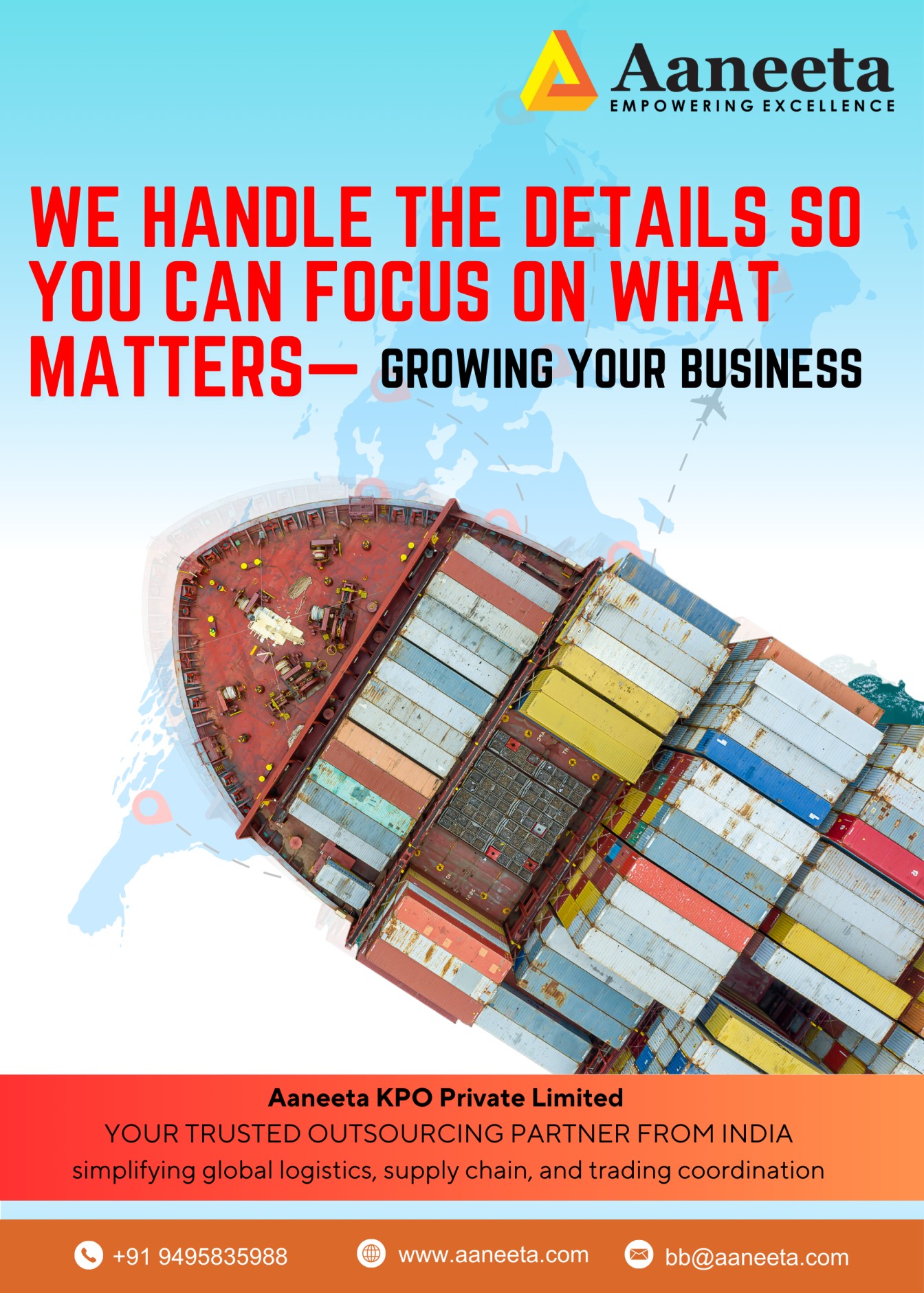Growth isn’t just about expanding your footprint—it’s about how seamlessly you manage the fine print behind the scenes. For global businesses dealing with logistics, supply chains, and trade documentation, overlooking small details often leads to costly delays, compliance issues, and damaged relationships.
The real value of outsourcing today lies not just in reducing expenses but in removing cognitive overload from in-house teams. When operational intricacies like customs compliance, port coordination, shipment tracking, or documentation management are handed off to reliable partners, businesses unlock bandwidth to focus on innovation, expansion, and customer engagement.
More importantly, outsourcing brings in localized expertise—an understanding of regional logistics practices, trade regulations, and cultural nuances that internal teams may lack. This speeds up decision-making, reduces regulatory risk, and ensures smoother cargo movement across borders.
Another often-overlooked benefit? Continuity and adaptability. With dedicated teams handling backend logistics and coordination, businesses are better equipped to handle sudden surges in demand, port strikes, regulation shifts, or weather-related disruptions—without derailing core operations.
Finally, outsourcing specialists don’t just execute; they also bring strategic insight. They monitor trends, spot bottlenecks early, and often suggest smarter routing or consolidation tactics that enhance customer satisfaction and reliability—without your team needing to micromanage.
In a world where speed, accuracy, and trust define business success, the power of “handling the details” shouldn’t be underestimated. It’s not just about doing things cheaply—it’s about doing them right, consistently, and intelligently.



